Vet News
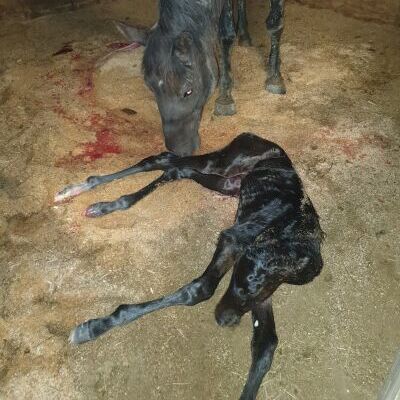 Spring is in the air - are you ready for your foal?
Spring is in the air - are you ready for your foal?
I'm writing this on a cold and miserable day, but Spring is in fact upon us. Do you have a mare due to foal? If so, have a wee read to make sure you are as ready as you can be for the pitter patter of 4 little feet. If you have any questions at all, do feel free to get in touch to discuss.
Late pregnancy care for the broodmare:
We would like your mare to be in about a 3/5 BCS (Body Condition Score) at this stage. Being too fat and unfit can increase your mare’s chances of laminitis and also problems actually pushing the foal out. Too thin, and both your mare and the foal’s nutritional needs may not be getting met. She needs to have the building blocks for the growth of the foal in utero, plus making that all important colostrum and milk. Different types of horse can have vastly different requirements – chunky monkeys may only need some balancer to make sure her vitamins and minerals in order, whereas the slimmer Thoroughbred may need a significant amount of hard feed in conjunction with good grass or hay / baleage. Have a think about what food supply you have going forward, especially if we have another drought.

Broodmare Selenium levels.
There is some association with low Selenium and fertility issues, including retained foetal membranes and trouble getting back in foal. Ideally, she will have had a blood test at some point during the pregnancy to see where you are at, as over supplementation can also be very dangerous.
Broodmare vaccinations.
As a minimum, she should be fully vaccinated for tetanus at this point, with a top up vaccine around 4 to 6 weeks prior to foaling to increase the foal’s immunity upon arrival. Herpes Virus and Salmonella are also sometimes covered depending on the risk benefit of the stud location.
Facilities.
Are you sending your mare away to foal down or doing it at home? If it’s you, do you have a foaling alarm sorted? Do you have the knowledge, people and facilities for if things go wrong, or if it’s all routine but you want to be able to handle your mare and foal safely? If you have a live foal guarantee, check the small print if foaling yourself to make sure the foal will be covered.
Dental care.
For a professional broodmare, it can be hard to know when the ideal time to do teeth is, as there is only small window where she is not in foal – and that’s at a time where ideally you are not wanting to interfere too much. Have a chat to your vet about when works for your situation. We try to avoid the first couple of months of pregnancy as a minimum, as bacteria that can be produced when floating problematic teeth could affect the embryo. Painful or infected teeth are going to need some sort of attention no matter the time frame though.
Foot care.
Make sure your broodmare’s feet are in good order, especially as she is getting at such a heavy time of her life. Also check that your farrier will be happy to do foal feet trims as required once they hit the ground. Ideally the foal will need a minimum of 6 weekly trims to get the best chance of straight legs.
Veterinary care.
Do check in to make sure you are registered and that we are aware you have a prospective foaling due. Mares can go over, or under, by a month, so we’re not expecting exact dates. It does, however, help us plan staffing, stock levels of colostrum, plasma, Igg tests for foals etc. If you think you will want to insure your foal, get in touch with your company to get forms sorted and find out what they will want. Most want a veterinary exam and an Igg of over 800 to start their policy. It is also a good idea to think about your plan if things do go wrong – most foalings are abrupt, powerful and and well, but sometimes decisions need to be made under significant time pressure. If your mare needed a Caesarian at Massey, would you take her? Do you have transport? There is a significant cost involved with this, and it often means saving the mare, rather than the foal. Does your mare have a Caslick? If so, this will need opening prior to foaling.
Rebreeding plan.
Stallion shopping is great fun! Planning your perfect match is something to get done now – you want to communicate with your stallion owner about potential times when you are contemplating needing semen. They will want to get the paperwork done, deposits paid and all in order so you can efficiently get your mare back in foal. Check in with your vet as well to indicate if you’re likely wanting them to manage your AI cycle.
There is lots to think about! It’s all very exciting – good luck for everyone and their foals ahead!
If you’d like to know more about the actually foaling, check out this article on what happens during foaling.
Equine Winter update 2018
It's been an interesting Winter weather wise this year! The crazy changes from Southerly gales to Summer like days and then back has kept us all guessing as to what rugs to put on the horses...
Read more >
Spring has Sprung
We hope you've had a reasonable winter and are excited about the season ahead. We've put together some interesting articles below for you to have a read, plus we have some specials and information to mention.
Read more >
Worming - advice and prices
Prices and advice for worming your horse or pony
Read more >
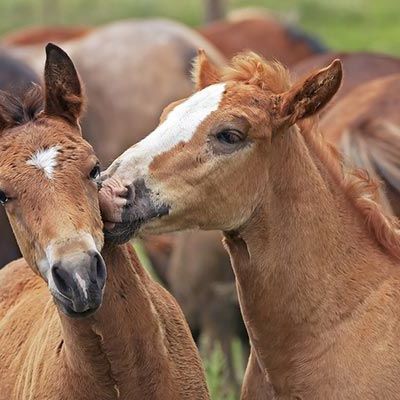
The Importance of Vaccinations - What’s it all about?
Vaccination provides your horse with important protection against some serious and potentially life-threatening diseases.
Read more >
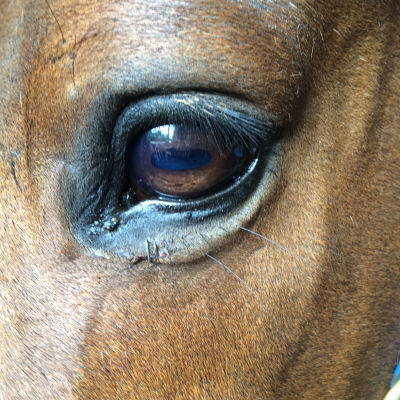
Equine Conjunctivitis
Conjunctivitis is inflammation of the conjunctiva; the clear thin membrane coating the sclera (white part of the eye) and the underside of the eyelids. The conjunctiva has many important roles including: lubrication, protection, and the supply of nutrients to the eye.
Read more >
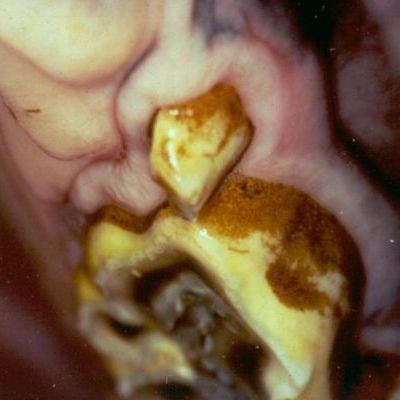
Wolf Teeth in Horses
Wolf teeth are technically known as the first premolar teeth in horses. They usually erupt into the mouth at between five and twelve months of age, but do not continue to grow or erupt into the mouth as do the rest of the cheek teeth. It has been estimated that approximately seventy percent of horses will develop wolf teeth.
Read more >
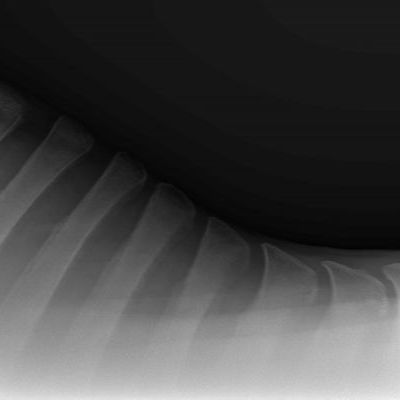
"Kissing Spines"
This is the name given not to "affectionate backs" but to over-riding or impinging of the dorsal spinous processes of the vertebrae commonly in thoracic [chest] or lumbar [lower back] region of the horse.
Read more >
Equine Insurance - Should I Bother?
It's a question that's come up time and time again for me over the last year or two.
Read more >
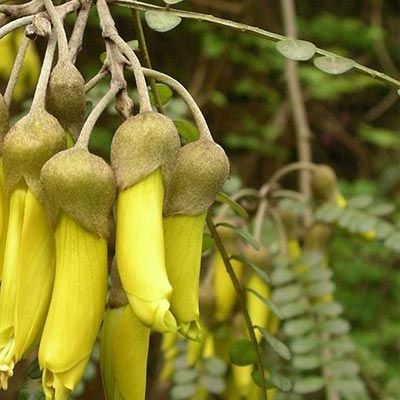
Kowhai Tree. RIP Tree.
An interesting case in the Wairarapa. A 5 year old dressage mare was behaving oddly - perhaps a case of too much grass and not enough work?
Read more >




